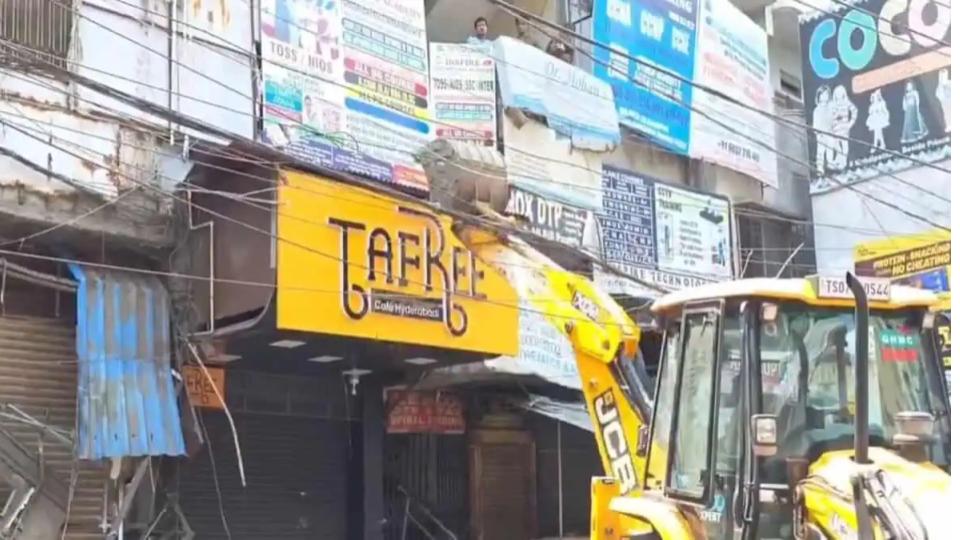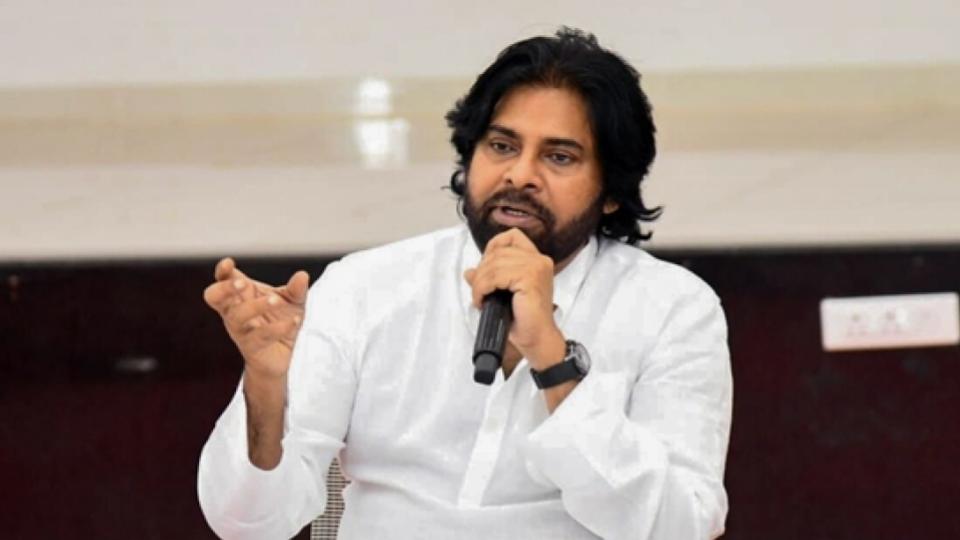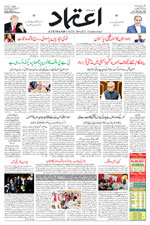Intense battle going on for key city in Ukraine
Tue 31 May 2022, 13:05:27
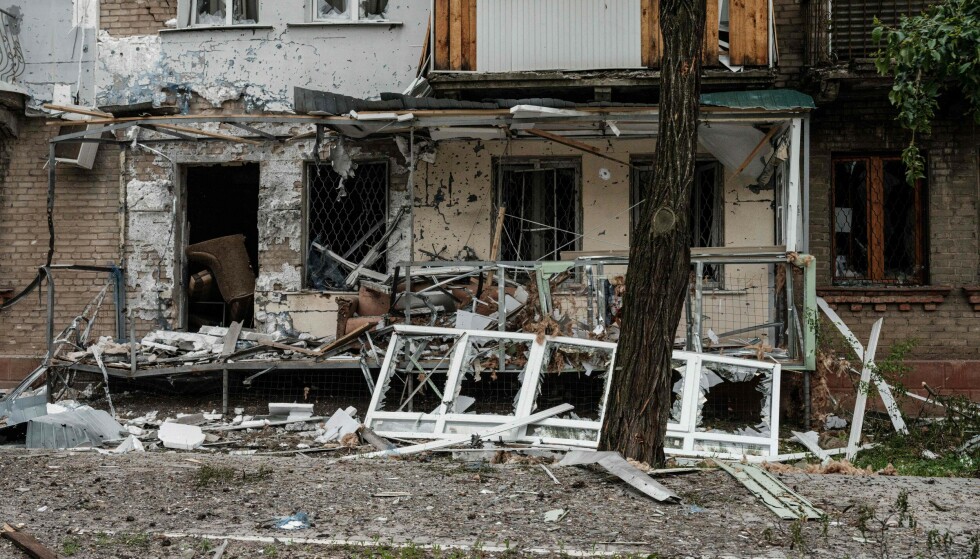
Kyiv: A regional governor says an intense battle is going on for the key city of Sievierodonetsk in eastern Ukraine.
Luhansk governor Serhiy Haidai said that that Russian forces have entered the outskirts and were pushing toward nearby Lysychansk.
He said Monday that two civilians were killed and another five were wounded in the latest Russian shelling.
The Ukrainian military also said that Russian forces were reinforcing their positions on northeastern and southeastern outskirts of Sievierodonetsk and bringing additional equipment and ammunition into the area to press their offensive.
Sievierodonetsk has been a key target of the Russian offensive in Ukraine's eastern Donbas industrial heartland. The city has served as the administrative centre for the Luhansk region, which makes up Donbas together with the neighbouring Donetsk region.
European Union leaders will gather Monday in a new show of solidarity with Ukraine but divisions over whether to target Russian oil in a new series of sanctions are exposing the limits of how far the bloc can go to help the war-torn country.
Ukrainian President Volodymyr Zelenskyy, who will address the 27 heads of state and government by videoconference in the evening, has repeatedly demanded that the EU target Russia's lucrative energy sector and deprive Moscow of billions of dollars each day in supply payments.
But Hungary is leading a group of countries - along with Slovakia, the Czech Republic and Bulgaria - that rely on Russian oil and can't afford to take such steps.
The EU has already slapped five rounds of sanctions on Russia over its actions in Ukraine.
A sixth package was announced on May 4, but the hold up over oil is embarrassing the bloc.
Ahead of the summit, officials suggested that a solution might be found by
targeting oil transported by ships and holding fire on the pipeline oil so valuable to Hungary.
targeting oil transported by ships and holding fire on the pipeline oil so valuable to Hungary.
Germany's governing parties and the main opposition party have reached a deal to move ahead with a big increase in defense spending that Chancellor Olaf Scholz announced three months ago.
Scholz told German lawmakers three days after the Russian invasion of Ukraine started that the country would commit 100 billion euros ($107 billion) to a special fund for its military and raise its defense spending above 2% of GDP -- a measure on which it had long lagged. Scholz wanted to anchor the special fund in the constitution.
That requires a two-thirds majority in both houses of parliament, meaning that the chancellor needed support from the centre-right opposition Union bloc.
Talks on the issue became mired in details, but the two sides reached an agreement Sunday night that clears the way to bring the fund to parliament. Among other things, funding for cyberdefense and support for partner countries will come from Germany's regular budget, not the special fund.
Families across Africa are paying about 45% more for wheat flour as Russia's war in Ukraine blocks exports from the Black Sea.
Some countries like Somalia get more than 90% of their wheat from Russia and Ukraine.
That's forcing many people to substitute wheat for other grains. But the United Nations is warning that the price hikes are coming as many parts of Africa are facing drought and hunger.
The U.N. Already had warned that an estimated 13 million people were already facing severe hunger in the wider Horn of Africa region as a result of a persistent drought.
The World Food Programme chief say's Russia's war on Ukraine is "piling catastrophe on top of catastrophe" for the world's poor.
No Comments For This Post, Be first to write a Comment.
Most viewed from International
Most viewed from World
AIMIM News
Latest Urdu News
Most Viewed
May 26, 2020
Which Cricket team will win the IPL 2025 trophy?
Latest Videos View All
Like Us
Home
About Us
Advertise With Us
All Polls
Epaper Archives
Privacy Policy
Contact Us
Download Etemaad App
© 2025 Etemaad Daily News, All Rights Reserved.

.jpg)
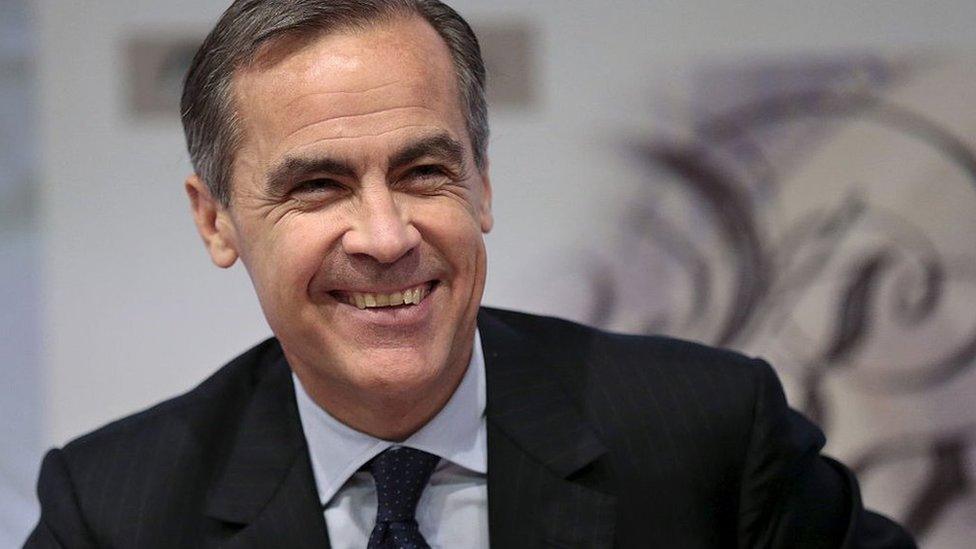
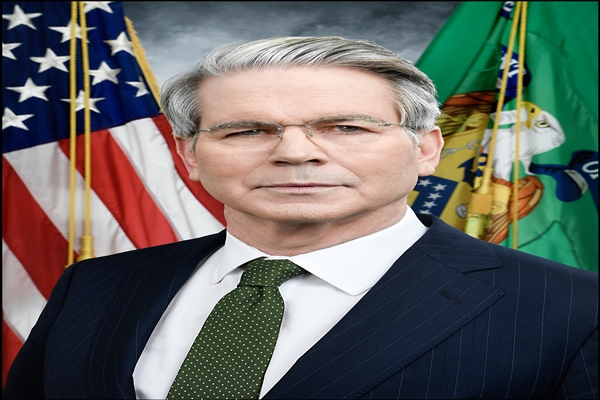
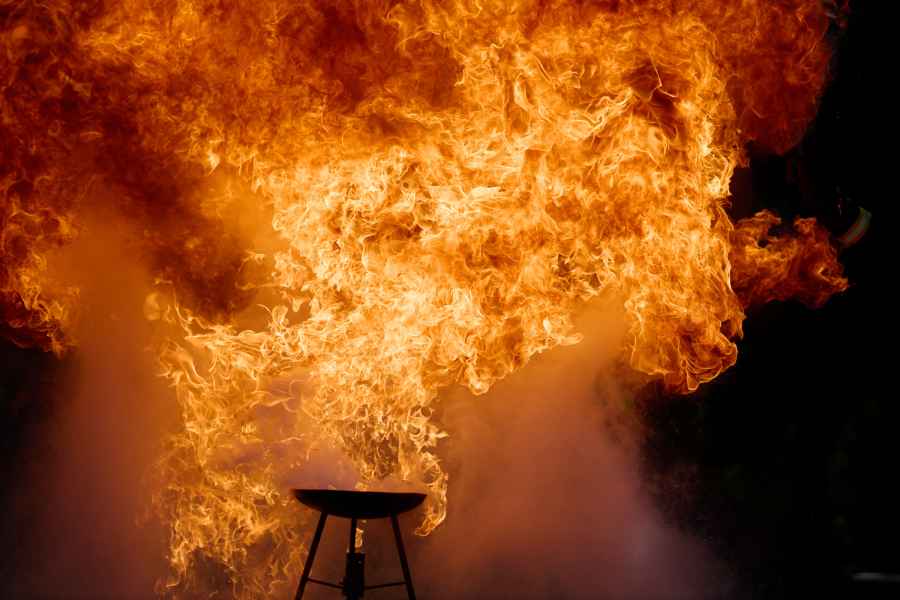
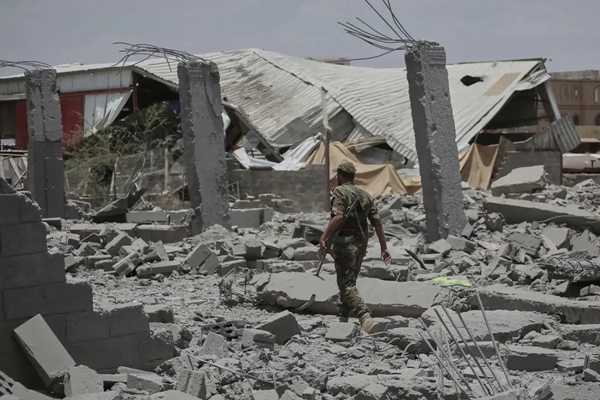
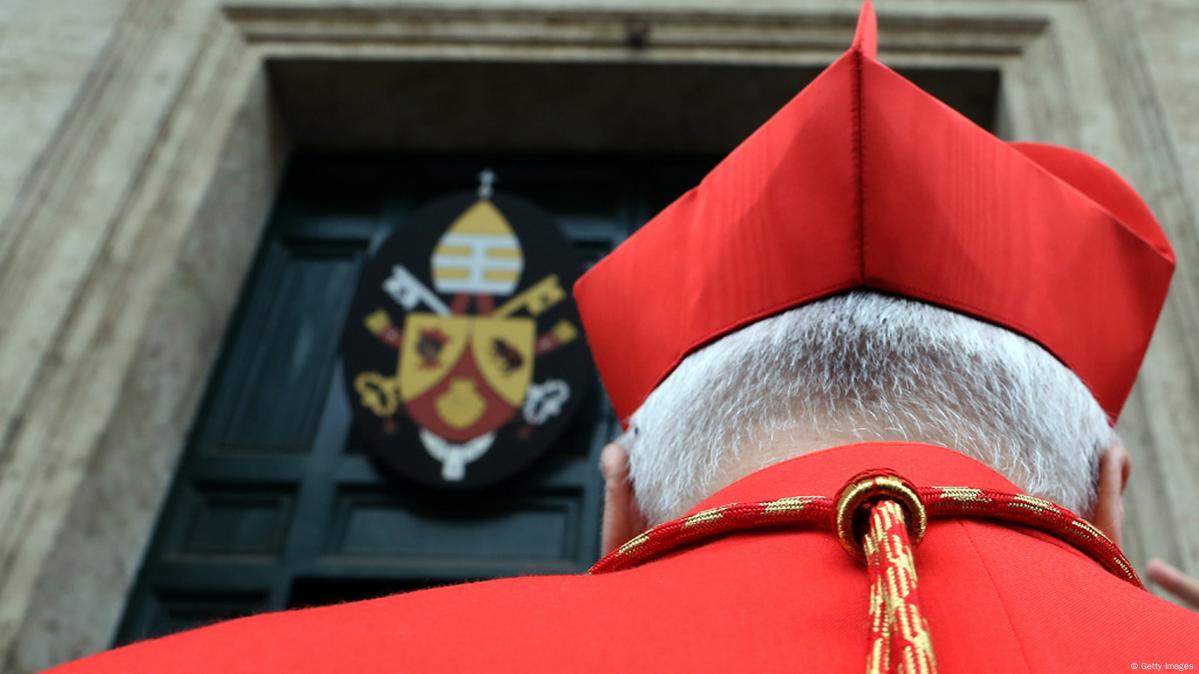
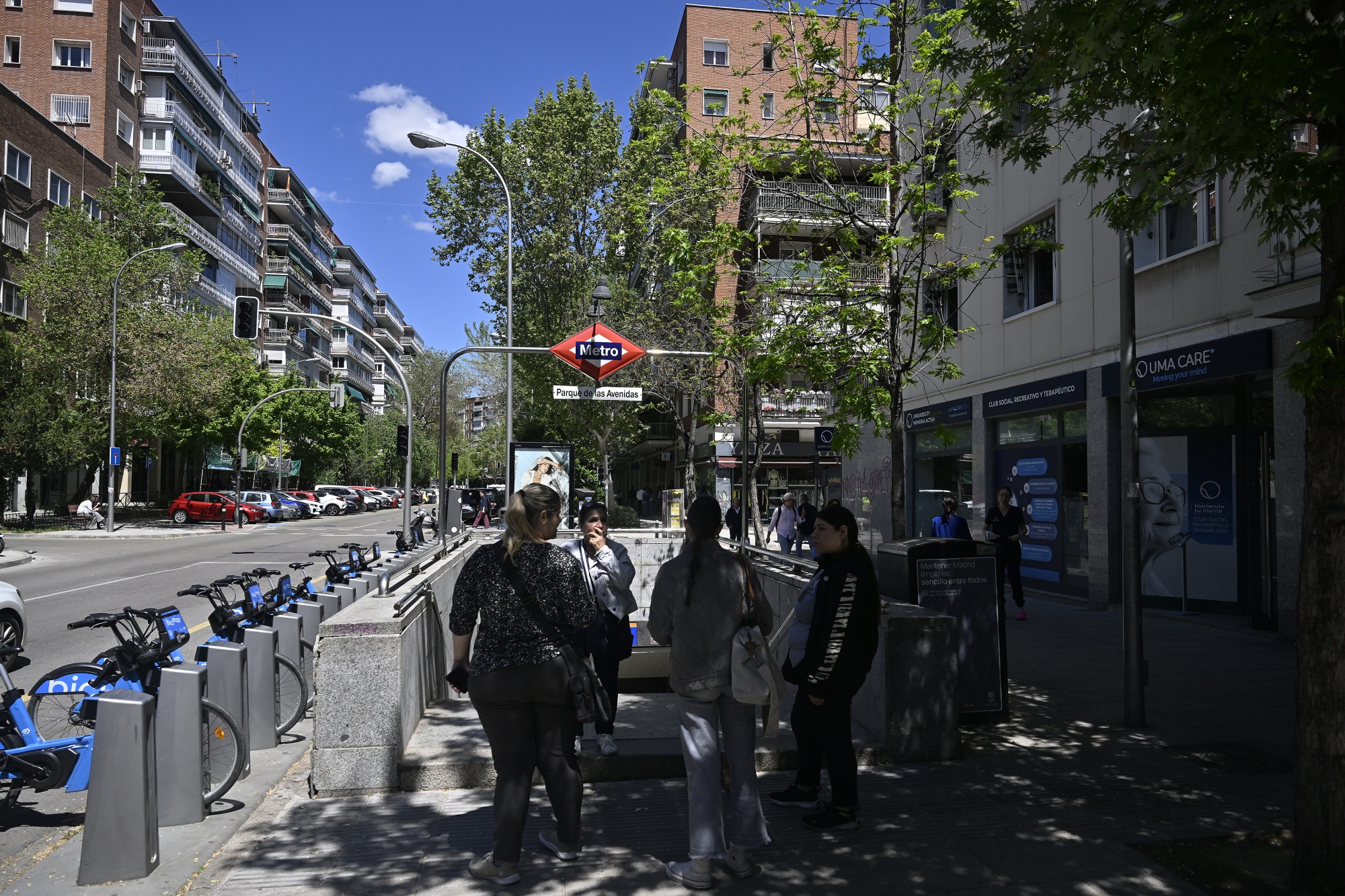
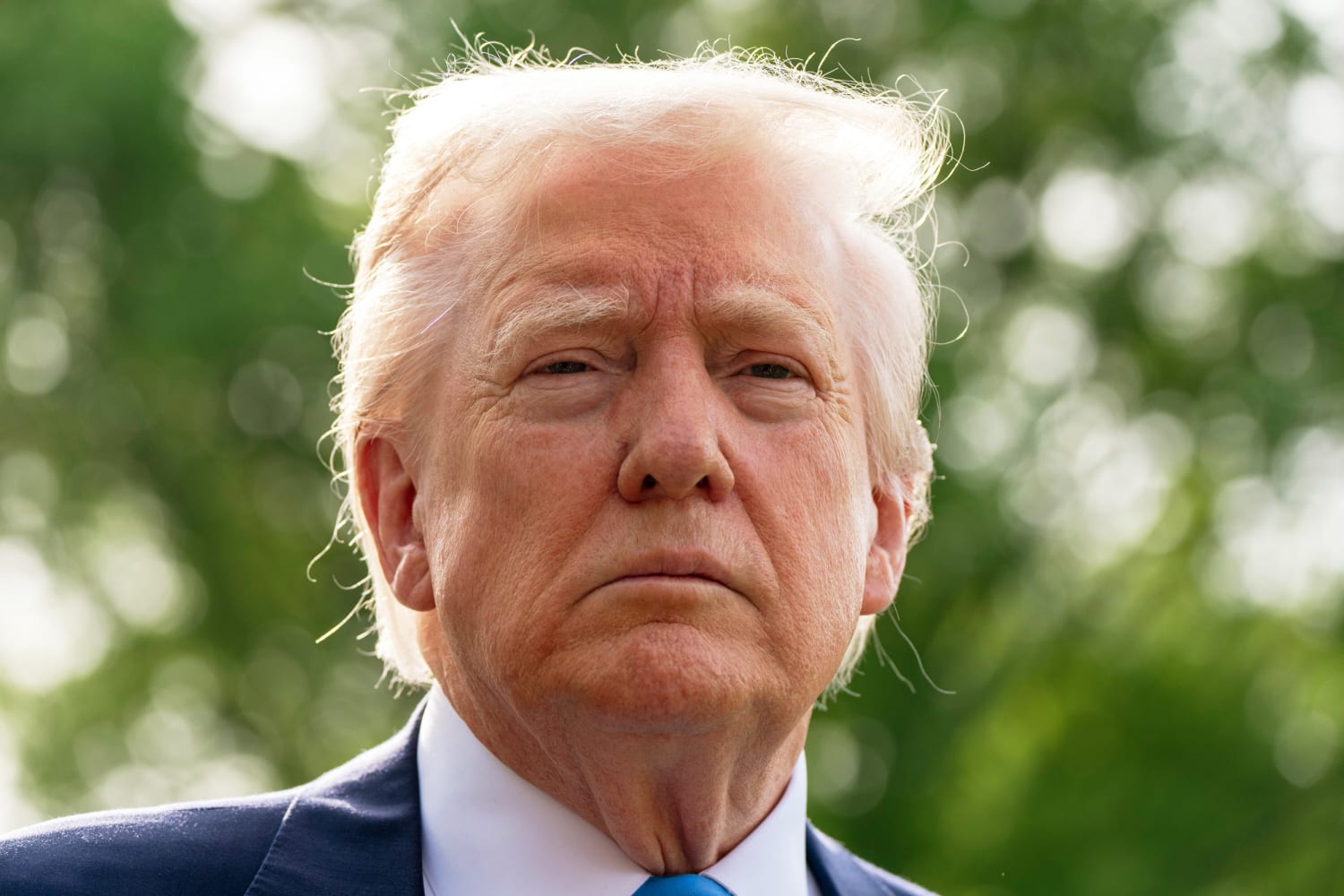

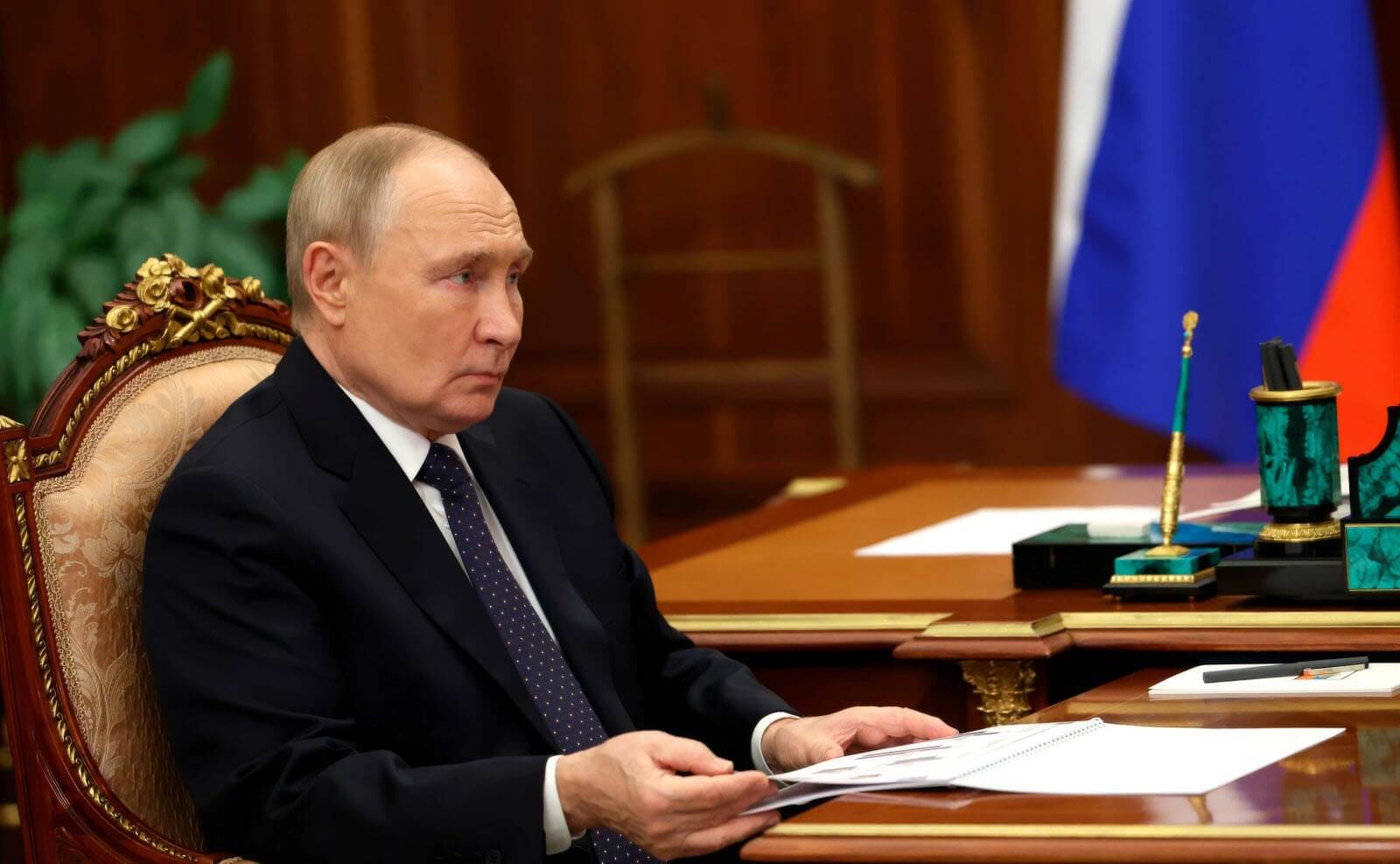
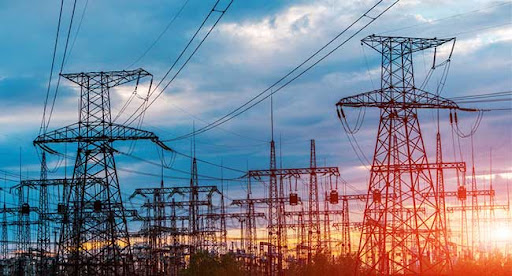
.jpg)
.jpg)
.jpg)
.jpg)
.jpg)
.jpg)
.jpg)
.jpg)
.jpg)
.jpg)
